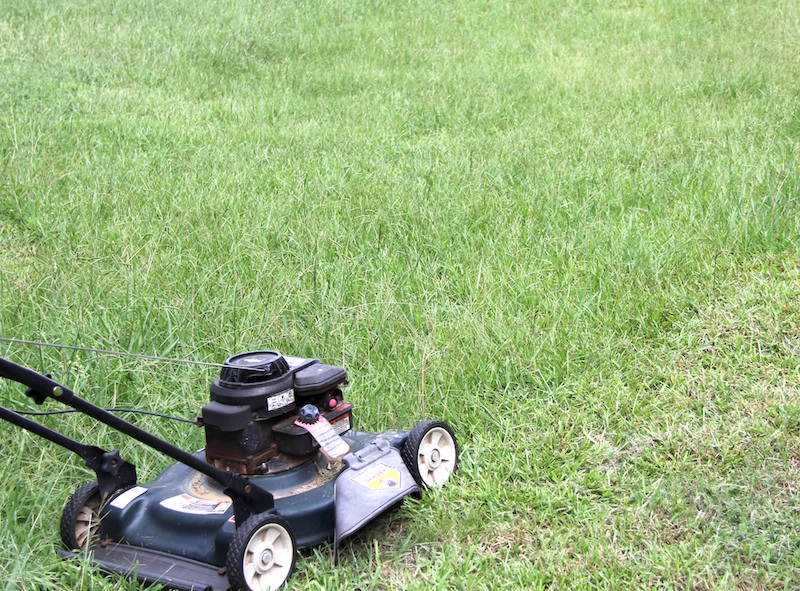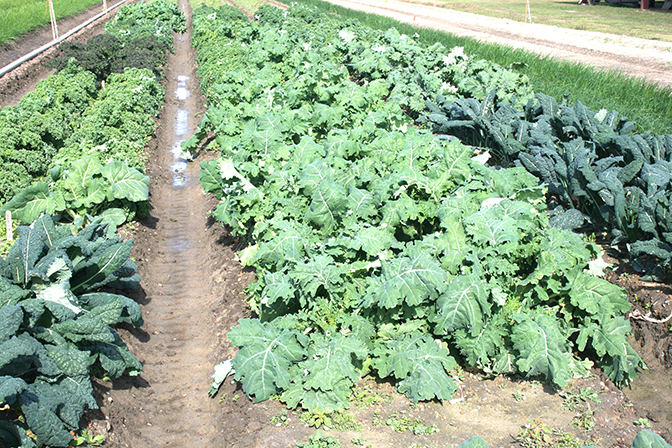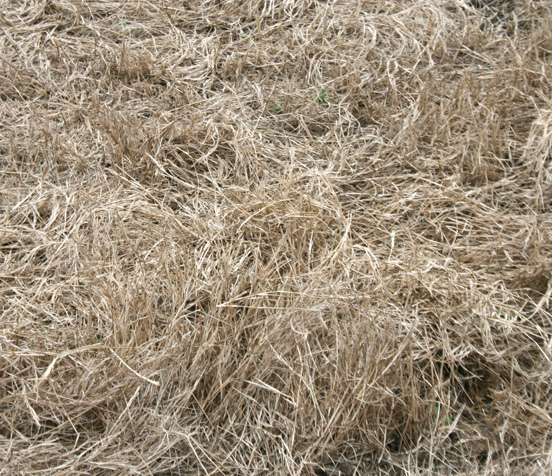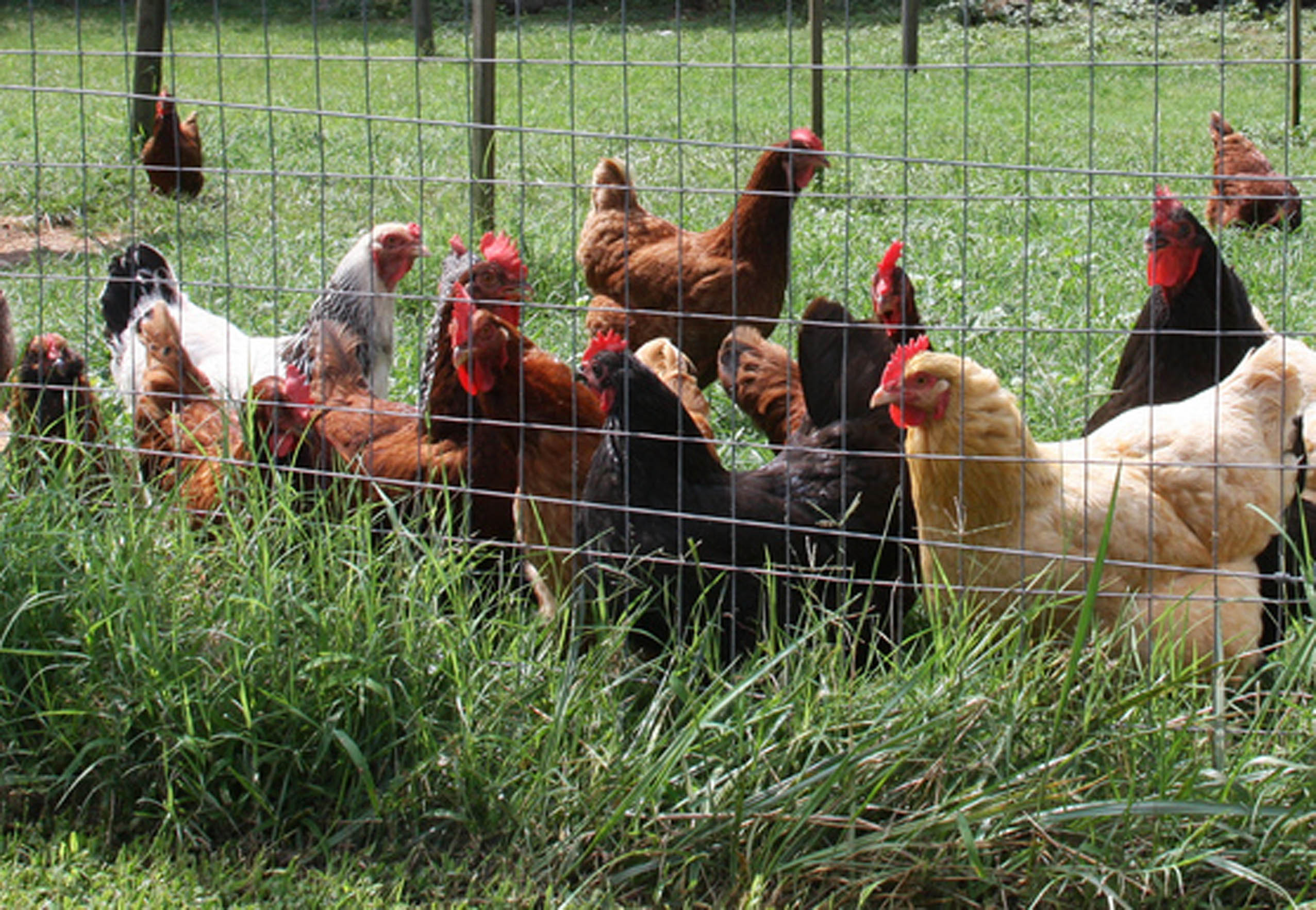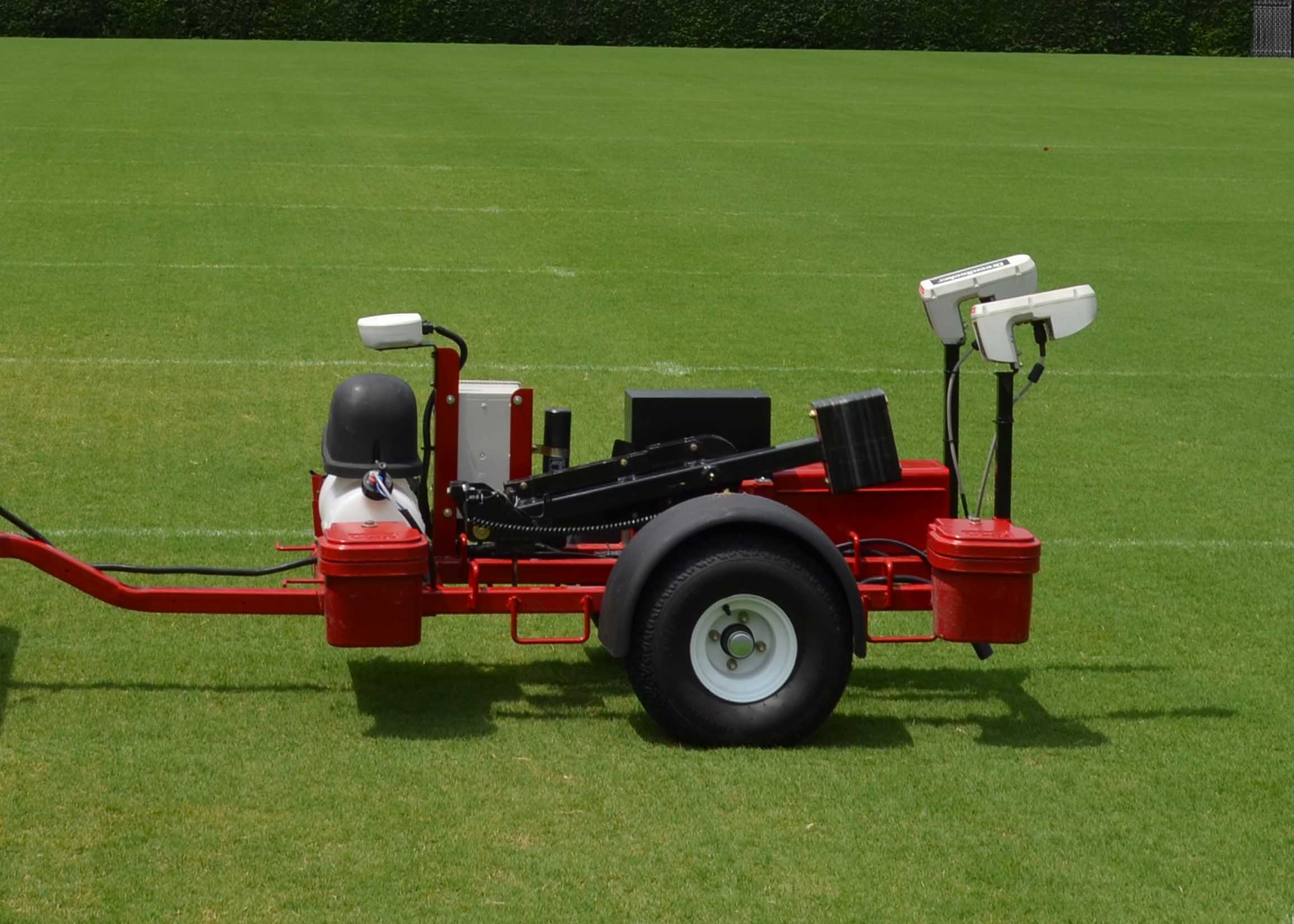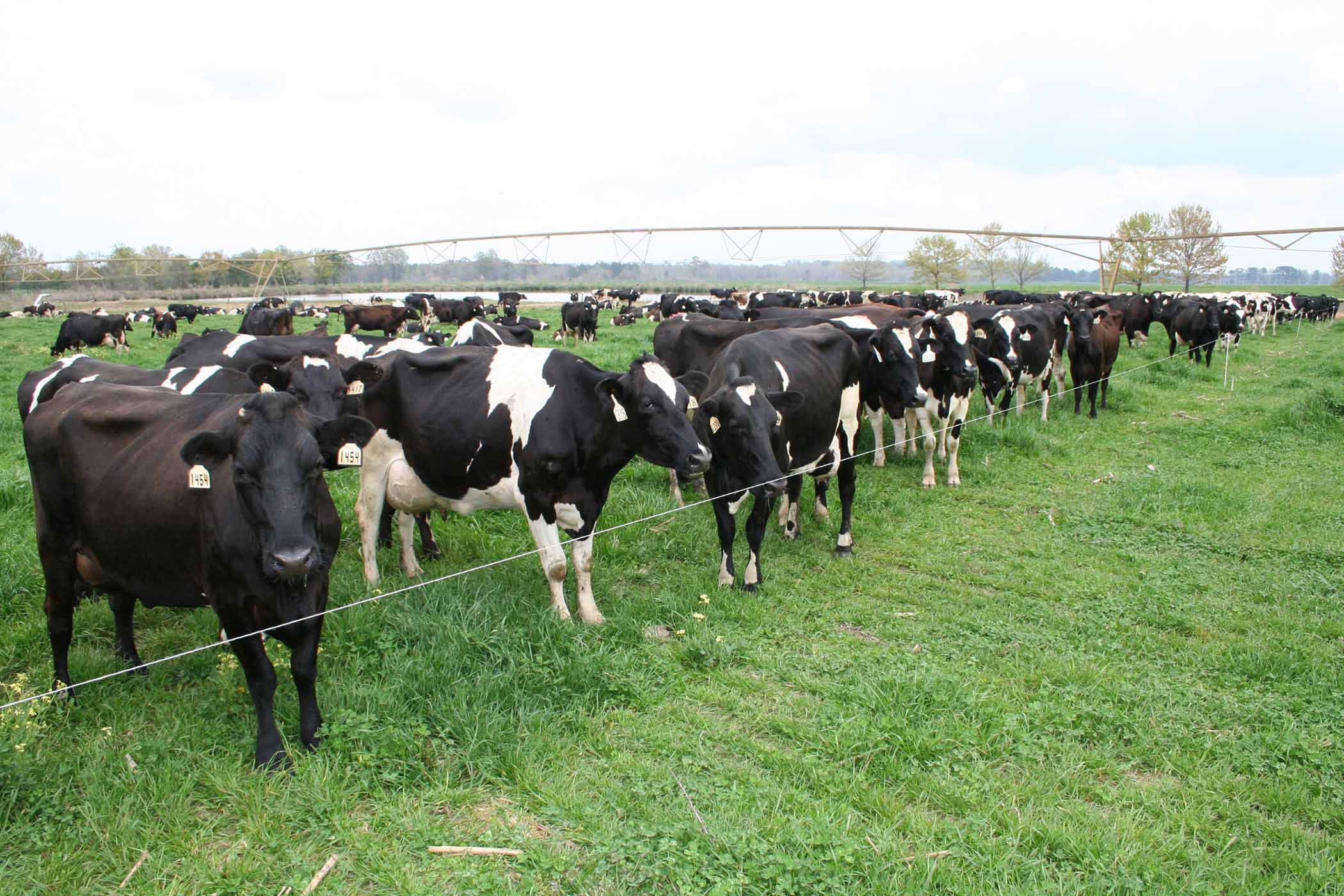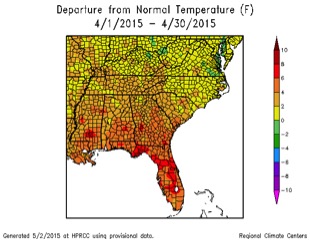CAES faculty ready themselves for a summer of international travel
In an effort to increase international collaboration on research and outreach projects, the Office of Global Programs at the University of Georgia College of Agricultural and Environmental Sciences has awarded its 2015 international travel grants for college faculty.

